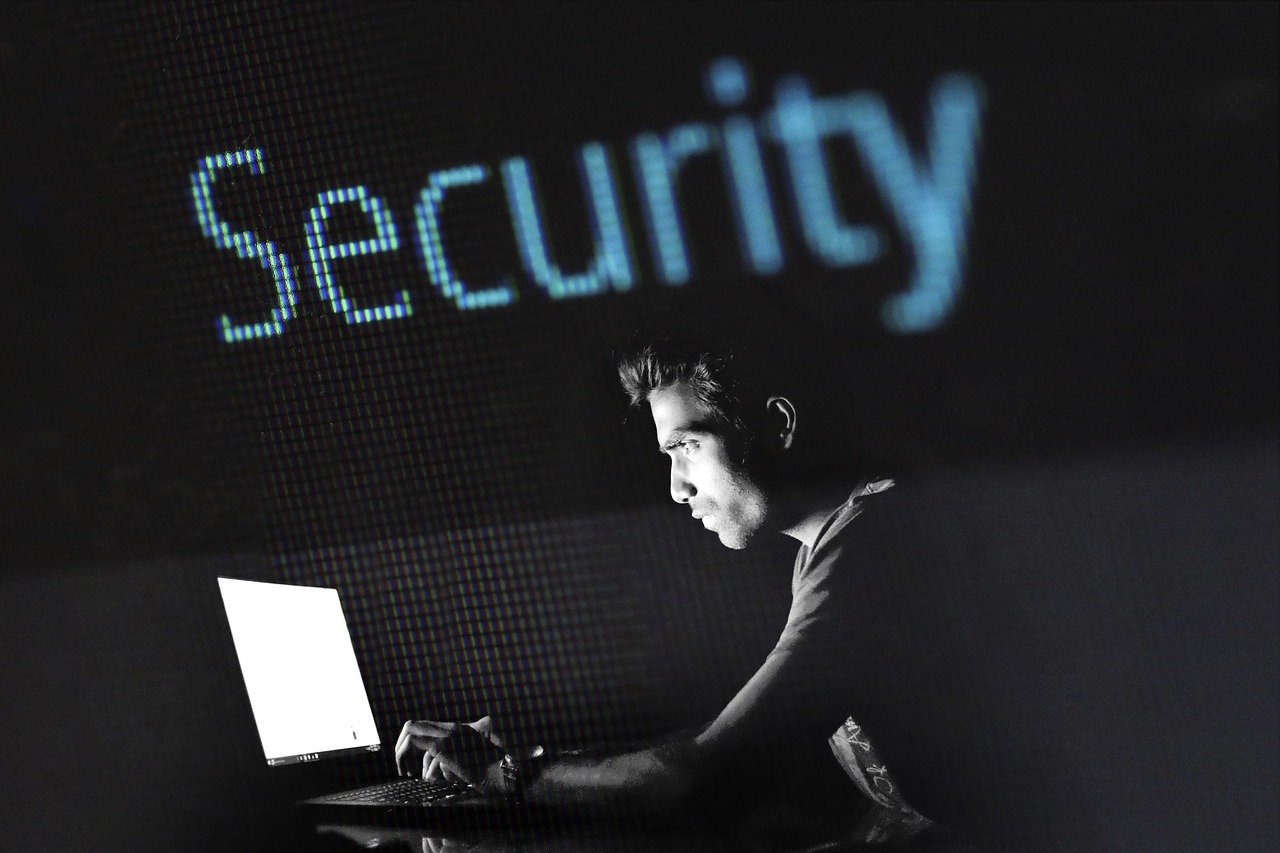Online security is no joke. More and more of our data is being stolen, bought, then sold by hackers and big corporations alike. In this day and age, data about us is even more valuable than the products we are purchasing, as it allows companies to learn about their target market. Continue reading →
Online security is no joke. More and more of our data is being stolen, bought, then sold by hackers and big corporations alike. In this day and age, data about us is even more valuable than the products we are purchasing, as it allows companies to learn about their target market.


Online vulnerabilities also mean that your credit card information, address, family names, and more are sometimes leaked to hackers. This is dangerous, as identity theft becomes more common online, leading to loss of finance and other nasty things. With all that in mind, below we have six tips for helping you stay secure online.
Virtual Private Networks (VPNs) are handy little tools for keeping yourself secure online. In fact, it’s the first thing that Josh, an online security blogger over at All Things Secured recommends. He says that “After using a VPN for the last decade to access the internet, I can safely say it’s one of the key tools needed to protect your identity online.” VPNs create a secure connection – which could be anywhere else in the world – to mask your actual IP address, location, and web traffic. This means that many experienced hackers won’t even be able to tell where you are logging on to the net from, or what you are looking at. This is, therefore, such a great way of protecting your data.
One of the biggest issues with personal security online is the use of simple, repeated passwords. Using a maiden name, a row of numbers, or a simple word from your life is simply not secure enough. Instead, we are recommended to use combinations of letters, numbers, and special characters.
Many secure passwords look something like “xpV9s-4jKwW-2azxp-9l2L5”. This is obviously super hard to remember. However, with a password manager app, you can store all these complicated passwords behind either a face ID, thumbprint, or another special password only you know. This means your passwords are secure and you can never forget them. The app can also track any data breaches your password may have been exposed to.
To take this to the next level, you could even use double-blind storage. By this, we mean that you don’t even store the full password in your password manager app. You always replace the last few characters with a special code only you know. In the example from above, the last few keys recorded would be “-9l” leaving the “2L5” in one place only: your brain. This works if you change all passwords to end with the same special key, so even your app doesn’t have full records of your passwords.
A two-factor authentication is a clever tool where you will need to prove your identity on two devices before being allowed to log onto an app or into an account. This works by linking devices such as tablets, laptops, and phones to one account. Then, if you try to log in somewhere new, a message will pop up saying that you need to validate this login attempt on one of your other devices. The system will then either provide you with a code to enter, a call to verify, or simply a yes/no button to push on your other device, validating that it is you and you trust this login attempt.
There are also apps that can help track your identity. Again, these apps themselves are hyper-secured, so there’s little-to-no risk of data breaches here. These apps will track the internet for traces of your personal data being used in any fraudulent or malicious way, alerting you if they find such activity. This means any breaches or sales of your personal data can be caught and hopefully stopped in their tracks.
Believe it or not, many of our favorite and most-used email providers have suffered security breaches. In 2019, for example, it was discovered that 770 million email addresses and passwords had been exposed –crazy numbers! So, how do you know if your email is secure? Well, you just have to find out! Different email companies have different encryption and security standards. These can differ quite wildly. But, for most users, any of the main email account companies, such as Gmail, will be secure enough if you take advantage of their advanced protection settings.
These are our top six tips for staying secure online, all of which can be worked on from today. There is no need to delay in getting started on these, as your personal data is very important and valuable. Get secure online ASAP.
Choosing to buy a professional chess set is worth considering not only appearance, but also…
In today's digital world, where applications power everything from banking to shopping to healthcare, software…
Discover why free accounting software is a smart choice for small business owners. Save money,…
The field of online divorce services is important, especially in Texas where your choices can…
Knowing how to balance human work with AI help is an essential skill. Mastering this…
Real game studios are immediately recognizable: they don't just “make games,” they understand why it's…